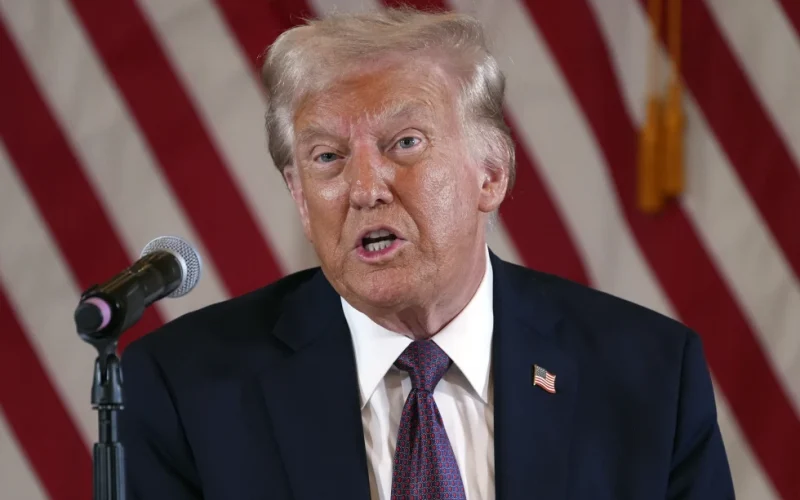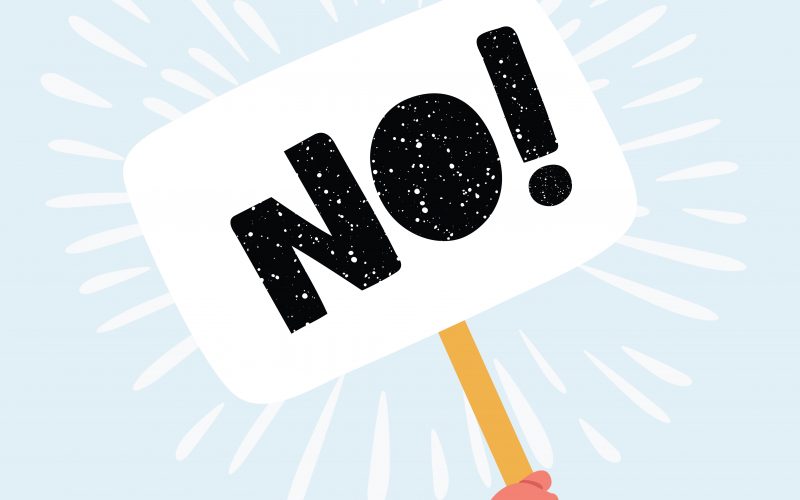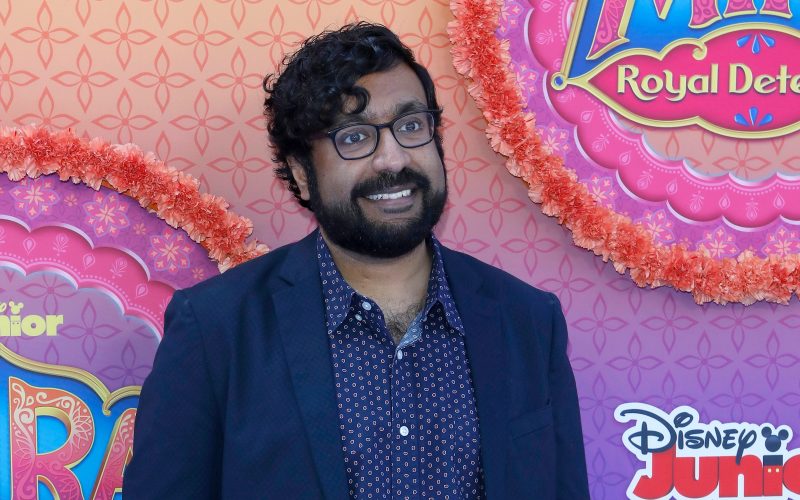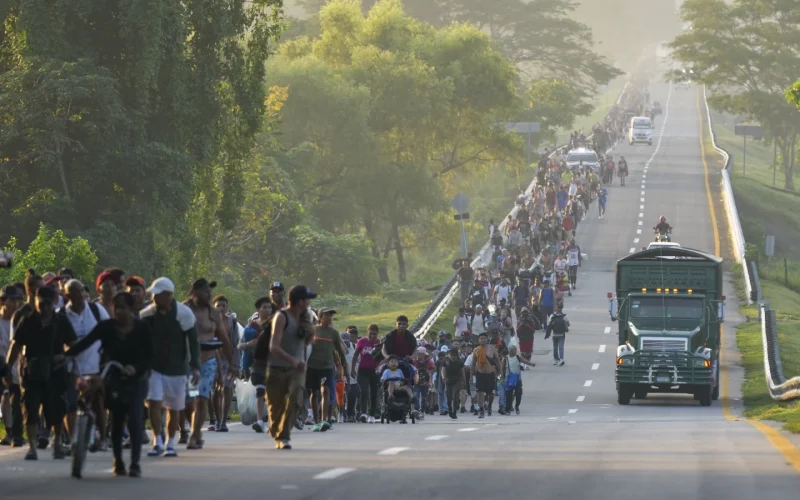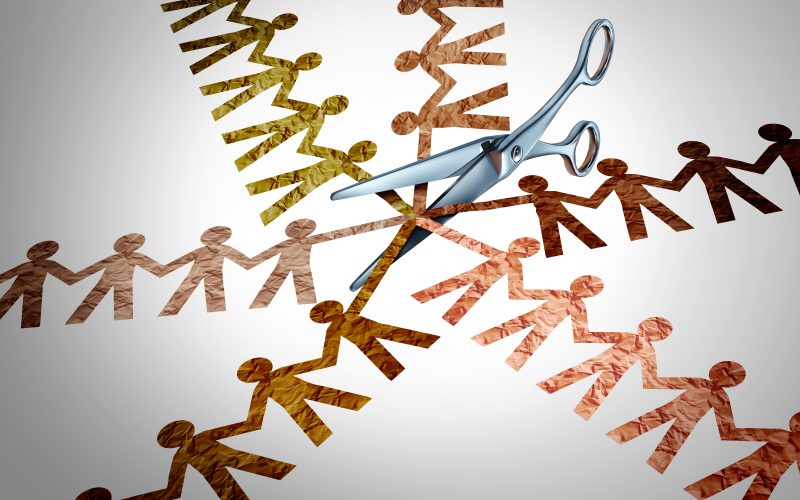Hiroshi Motomura is the Susan Westerberg Prager Distinguished Professor of Law and faculty co-director of the Center for Immigration Law and Policy at UCLA. He joins host Krys Boyd to discuss how birthright citizenship came to be, what the Trump administration’s challenge looks like, and what it means for immigrants and their families living in the U.S. today.
Read more